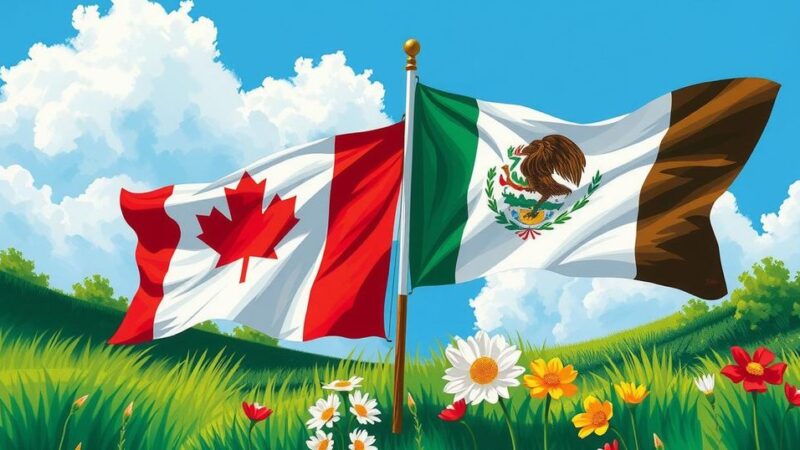In 2024, voters across approximately 70 countries expressed profound dissatisfaction with sitting governments, leading to significant electoral upheaval marked by a preference for unconventional candidates. Key factors such as economic instability, inflation, and the lingering effects of the COVID-19 pandemic contributed to a widespread rejection of incumbents, notably leading to victories for far-right parties and increased instability in various democracies. Allegations of electoral interference and protest movements characterized a tumultuous year for governance and democratic integrity.
In 2024, a global wave of voter dissatisfaction became evident as citizens in about 70 countries expressed their discontent with incumbent governments, leading to significant electoral upheavals. From established democracies like India and the United States to nations in Europe and Africa, voters rejected sitting leaders, often turning to unconventional candidates. This trend was further compounded by economic struggles, high inflation, and social unrest, which had left millions feeling disenfranchised and angry at the political status quo.
Professor Cas Mudde, an expert in extremism and democracy, highlighted 2024 as a year of considerable victories for far-right movements, marking a stark contrast to the misfortunes of incumbent leaders. Many governments faced challenges due to “electoral long COVID,” a term used by political scientist Rob Ford to describe the residual effects of the pandemic that exacerbated societal issues and dissatisfaction. For instance, in South Africa, the African National Congress experienced a dramatic decline in support after three decades of governance, ultimately leading to a coalition with opposition parties.
Portugal marched alongside nations such as Ghana, and Botswana, where incumbent parties were ejected after long periods in power. The voting landscape shifted to favor newer or fringe parties in various regions, including a significant victory for Yamandú Orsi, the leftist opposition leader in Uruguay. Meanwhile, Prime Minister Narendra Modi in India unexpectedly lost his parliamentary majority, signaling a transformative change in the world’s largest democracy.
The political scene was not devoid of controversy and challenges. Protests erupted in various locations, such as Mozambique and Georgia, while allegations of electoral irregularities surfaced in places like Romania and South Korea, exemplifying tensions that underline the fragility of democratic processes. Furthermore, foreign interference raised concerns about the integrity of elections, with reports of disinformation campaigns from Russia, Iran, and China. Meta’s declaration regarding a substantial number of interfered elections draws attention to the threats facing free and fair polling.
In addition to these dynamics, authoritarian sentiment has grown; several nations saw a rise in right-wing populism, reflecting a broader global trend. Countries such as Austria and France exhibited significant electoral shifts, leading to fragmented governments and legislative gridlock. Uncertainty looms with upcoming elections in several regions, including potential precursors for instability in Canada and Germany.
As 2024 drew to a close, the electoral outcomes prompted reflections on democracy’s health worldwide. Seema Shah from the International Institute for Democracy and Electoral Assistance articulated that while public support for democracy remains strong, satisfaction with its practice is waning. Citizens globally are yearning for systems that live up to their democratic ideals and expectations, reflecting a pressing need for robust and responsive governance.
The political landscape in 2024 showcased a profound shift in global voter sentiment, marked by widespread dissatisfaction with incumbent governments across numerous nations. The context of these elections is critical, with various underlying factors—economic challenges, social unrest, and the repercussions of the COVID-19 pandemic—all of which contributed significantly to the increasing disapproval and subsequent rejection of long-standing political parties. The year was characterized by a juxtaposition of rising populist sentiment alongside significant protests and calls for political reform, indicating underlying tensions in democratic frameworks worldwide.
The events of 2024 illustrate a decisive repudiation of incumbent political leadership across numerous countries as voters voiced their frustrations through electoral choices. Anchored by economic instability and social unrest, a broader trend toward populism and the far right has emerged, indicating a critical juncture in the global political landscape. Despite the sustained support for democratic ideals, the efficiency and responsiveness of these systems remain under scrutiny, suggesting an ongoing struggle for reform and improvement in governance globally.
Original Source: www.pbs.org






